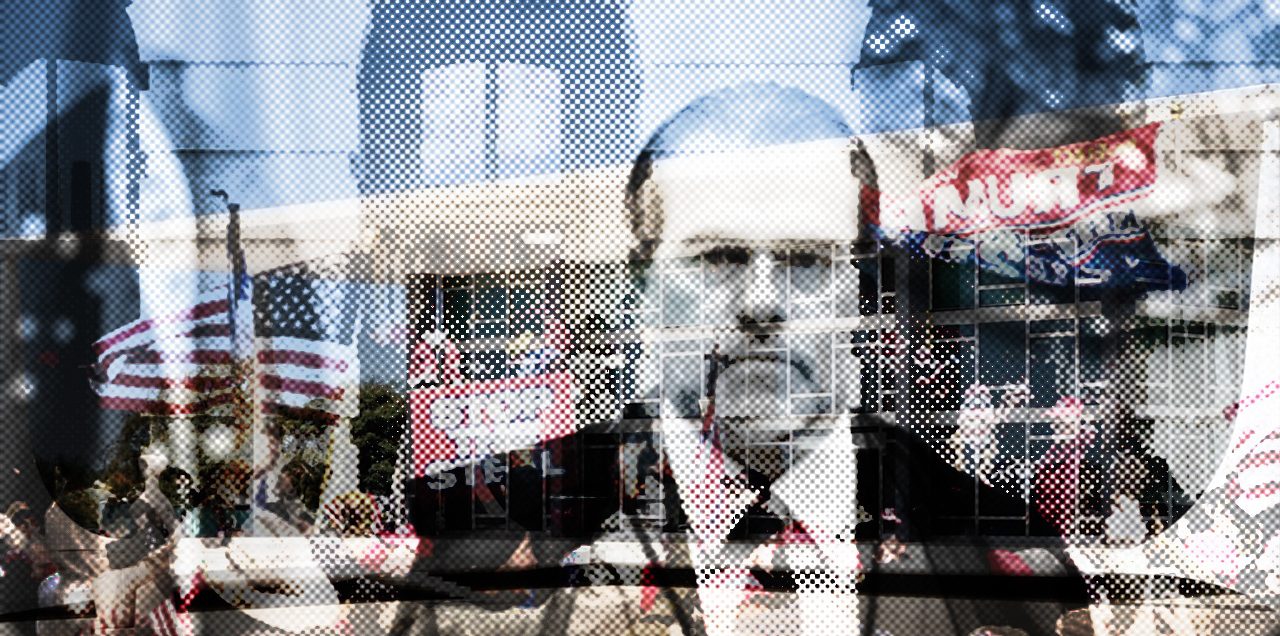Minister Dias Toffoli has revealed the Supreme Court is investigating international funding behind the far-right “hate office”, a network engaged in an ongoing campaign against Brazil’s democratic institutions. The network were active in the campaigns to elect Jair Bolsonaro, for the imprisonment of Lula da Silva, and in support of the 2016 coup to remove Dilma Rousseff, and thus the discovery of their foreign funding raises far wider questions.
Brazilian Supreme Court inquiries into anti-democratic protests and social media campaigns, propagated by far-right hate groups allied with President Jair Bolsonaro, have revealed they are sustained by international funding, just like their counterparts in Europe and North America.
Organisations and individuals running such campaigns have targeted Brazil’s democratic institutions, such as the Supreme Court itself, and advocate the restoration of military dictatorship-like conditions.
The foreign funding has been identified through the opening up of confidential bank records of those under investigation.
The new information was revealed by Supreme Court Minister Dias Toffoli in an interview with the Band TV network. Dias Toffoli explained “This investigation that combats fake news and anti-democratic acts has already identified international foreign funding for actors who use social networks to campaign against institutions, especially the Federal Supreme Court and the National Congress,” he said.
Dias Toffoli described the discovery as “very serious” and without giving specific details about the financiers he said the Supreme Court investigations are now deepening.
“The country’s history has shown what this has led to in the past. Funding for radical groups, whether from the extreme right or from the extreme left, to create chaos and destabilize democracy in our country,” Dias Toffoli remarked.
The inquiry was opened in 2019 in response to attacks on the Supreme Court spread through social networks. The targets of the STF investigation are members of congress, businessmen and bloggers linked or allied to President Jair Bolsonaro. Deeper investigation began after a sequence of protests in Brasília attended by Bolsonaro himself, who has made repeated remarks invoking the idea of an ‘auto-coup’, and closure of democratic institutions, since long before his election in 2018. His latest moves to allow the population (read: his supporters) greater access to firearm ownership has caused alarm, and there is fear that something akin to the storming of United States congress by supporters of his ally Donald Trump will be repeated in Brazil, should he face impeachment or defeat at the 2022 election.
Bolsonaro came to power with the support of the banking and business community, which had backed anti-corruption operation Lava Jato, which delivered him the presidency via the jailing of frontrunner Lula da Silva. These sectors had no qualms about international support for operation Lava Jato, which jailed the former president, or foreign funding behind the campaign to impeach Dilma Rousseff, but with the far right president’s support plummeting, in particular over his government’s abject handling of the pandemic, the coalitions that once backed him, including allies of convenience within the judiciary, are splintering. These splits leave behind only his military support and isolated loyalist base, which is where the so called ‘hate office’ aims its messaging.
The hate office is the core to a far-right network of Bolsonaro aides, influencers, members of congress and businessmen. It includes Filipe Martins, a 31 year old follower of U.S.-based far-right “guru” Olavo de Carvalho and a former U.S. Embassy employee turned Bolsonaro special advisor, who has been an influence on the foreign policy of the Bolsonaro government, working alongside the President’s sons, Carlos and congressman Eduardo, who is the most high profile Brazilian representative in Steve Bannon’s international far right organisation ‘The Movement’.
The far-right network were active in the campaigns to elect Jair Bolsonaro, for the imprisonment of Lula da Silva, and in support of the 2016 coup to remove Dilma Rousseff, and thus their foreign funding raises wider questions.
For Dias Toffoli, the revelations of international funding for that far-right base shows that those who attack democratic institutions are not merely a “group of crazy people”, “There is an organization behind this”, he reiterated.
Without naming names, the Minister also observed that some of the individuals under investigation, members of the ‘hate office’ network, had left Brazil. Toffoli remarked that their ability to remain in other countries, seemingly indefinitely, was unusual.
Until recently the Supreme Court’s president, Dias Toffoli called the investigations a safeguard for Brazilian democracy and reiterated that, despite criticism from Bolsonaro supporters, the inquiry has widespread support from political leaders and society as a whole.
[qpp]

